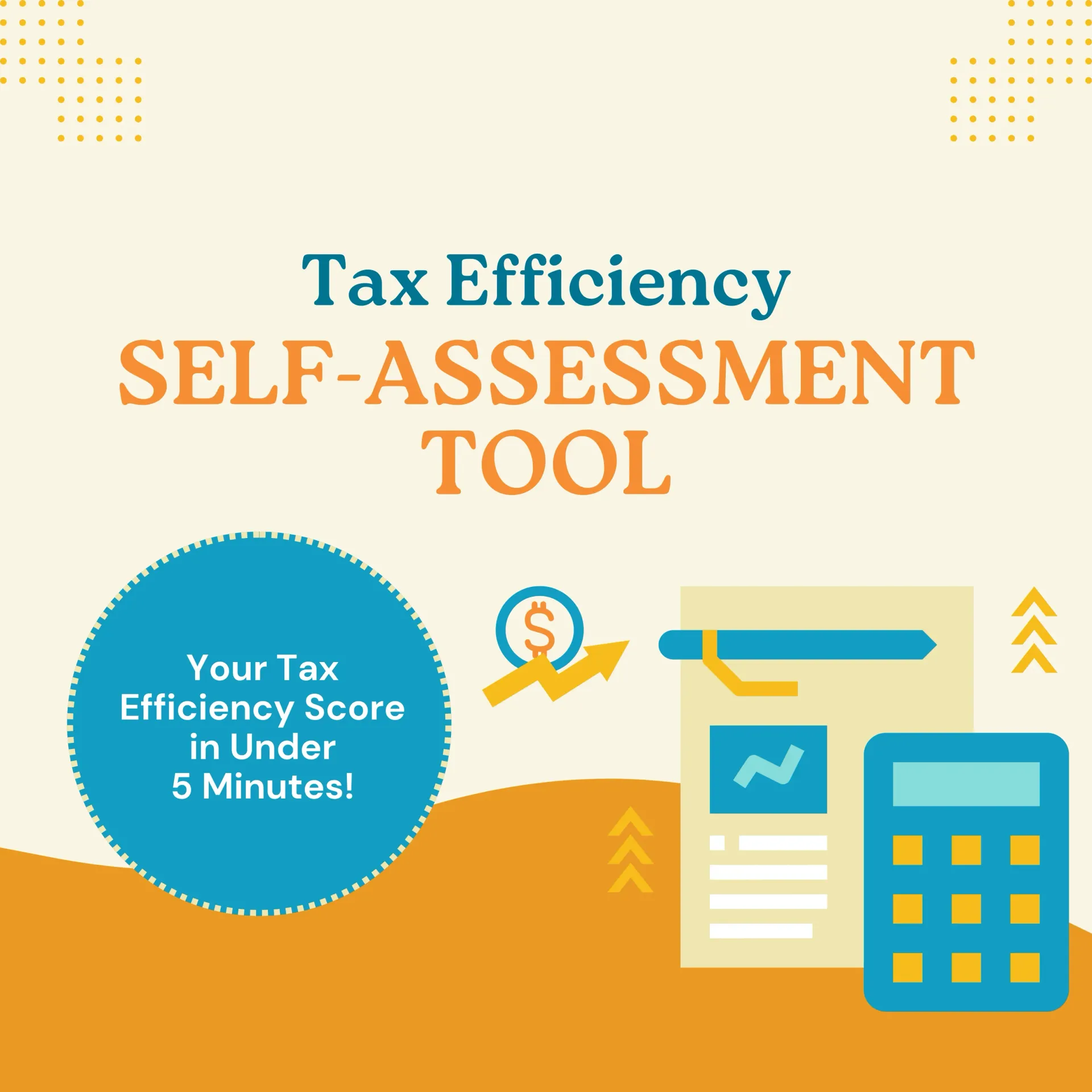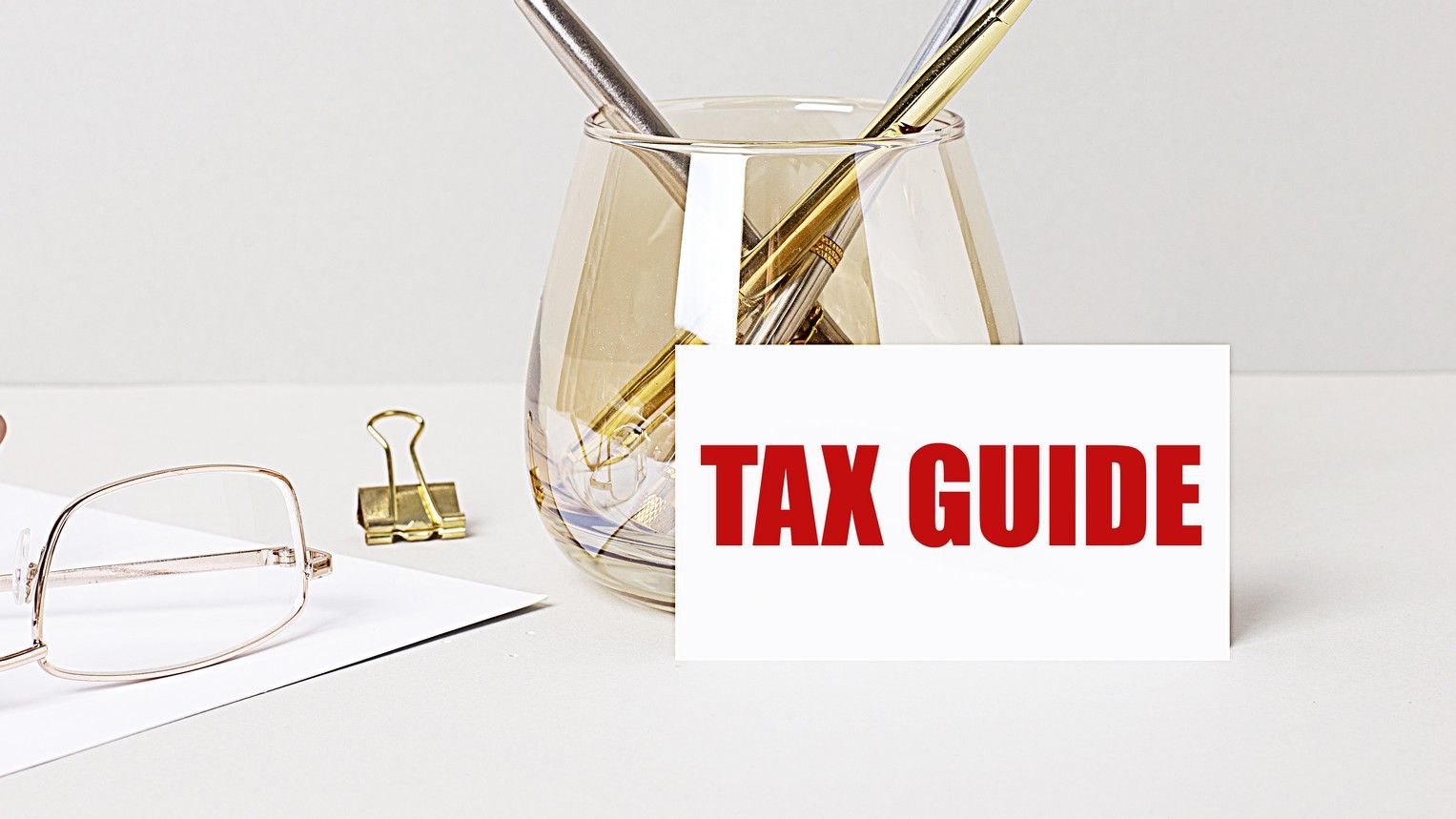Essential Accounting Tips for Freelancers: Offer accounting and tax advice specifically tailored for freelancers and independent contractors.

As a freelancer, you're not just a creative professional or service provider – you're also the CEO, CFO, and entire accounting department of your own business. It's a lot to juggle, and I know firsthand how overwhelming it can feel. But don't worry, I'm here to help you navigate the financial side of freelancing with some essential accounting tips.
The importance of accounting for freelancers
Let's be real – accounting isn't the most exciting part of freelancing. But it's absolutely crucial for your success. Trust me, I learned this the hard way when I first started out. Proper accounting gives you a clear picture of your business's health and helps you make smart decisions.
Think of it like this: your financial records are like a GPS for your business. They show you where you've been, where you are now, and can help guide you to where you want to go. Plus, staying on top of your finances keeps the taxman happy – and that's always a good thing!
Keeping track of income and expenses
One of the first things you need to master is tracking your income and expenses. It might seem tedious, but it's essential for understanding your business's performance.
Here's what I do:
- Record every payment I receive, noting the date, client, and amount
- Keep receipts for all business expenses (yes, even that $3 coffee during a client meeting)
- Use accounting software to categorize everything (trust me, it's way easier than spreadsheets)
Staying on top of tax obligations
Ah, taxes – everyone's favorite topic, right? As a freelancer, you need to be extra vigilant about your tax obligations. It's not just about filing once a year; you might need to make quarterly estimated tax payments.
I can't stress this enough: keep your financial records organized. It'll save you a ton of stress when tax season rolls around. And don't be afraid to consult with a tax professional. Their expertise can often save you more money than their fee.
Budgeting for business success
Budgeting isn't just for big corporations. As a freelancer, having a solid budget is key to your long-term success. Start by listing all your business expenses – both fixed costs like software subscriptions and variable costs like office supplies.
Set realistic financial goals for your business. Maybe you want to increase your monthly income by 20% or save up for that new laptop. Whatever your goals, having a budget helps you stay focused and track your progress.
And here's a tip from personal experience: always set aside some money for an emergency fund. Freelancing can be unpredictable, and having a financial cushion can be a real lifesaver during slow periods.
Utilizing accounting software and tools
In today's digital age, there's no need to struggle with manual bookkeeping. There are tons of great accounting software options out there designed specifically for freelancers and small businesses.
These tools can automate tasks like invoicing and expense tracking, saving you time and reducing errors. Plus, they can generate financial reports at the click of a button, giving you valuable insights into your business's performance.
Seeking professional help when needed
While accounting software can do a lot, sometimes you need a human touch. As your business grows, you might find yourself needing the expertise of a professional accountant or bookkeeper.
A good accountant can help you navigate complex tax laws, optimize your financial strategies, and ensure you're not leaving money on the table. They can be especially helpful if you're expanding your business or dealing with international clients.
Remember, investing in professional help isn't an expense – it's an investment in your business's future.
Mastering the numbers game as a freelancer isn't always easy, but it's definitely worth the effort. With these tips and the right tools, you'll be well on your way to financial success. And remember, if you ever feel overwhelmed, don't hesitate to
reach out to a professional. After all, even accountants need accountants sometimes!
Discover Your Tax Savings Score in Minutes!


Salim is a straight-talking CPA with 30+ years of entrepreneurial and accounting experience. His professional background includes experience as a former Chief Financial Officer and, for the last twenty-five years, as a serial 7-Figure entrepreneur.




